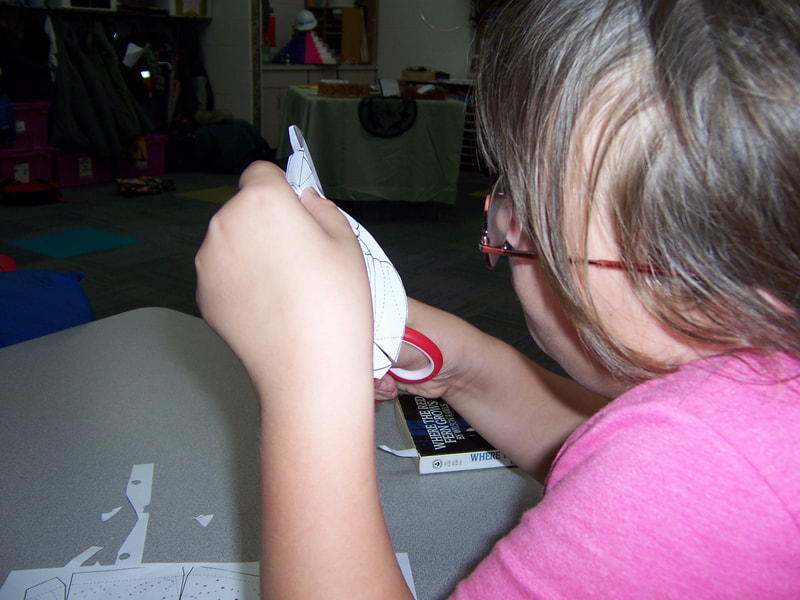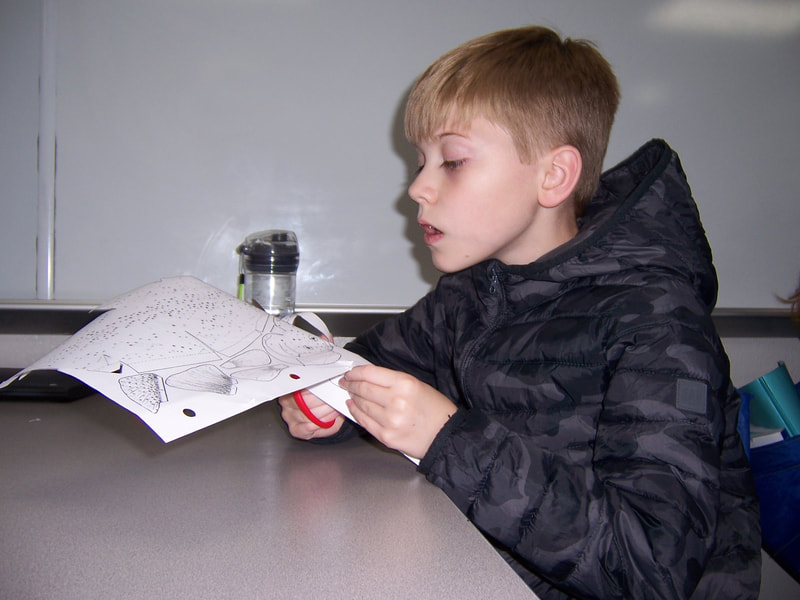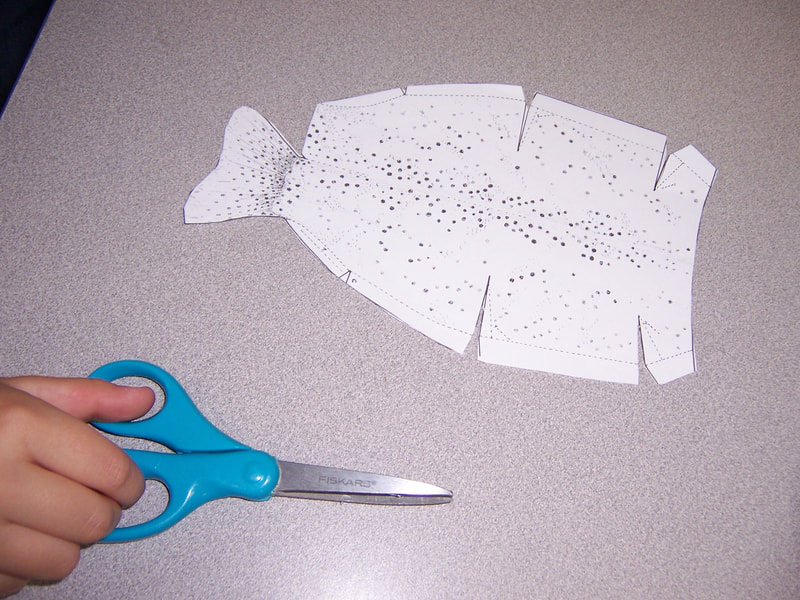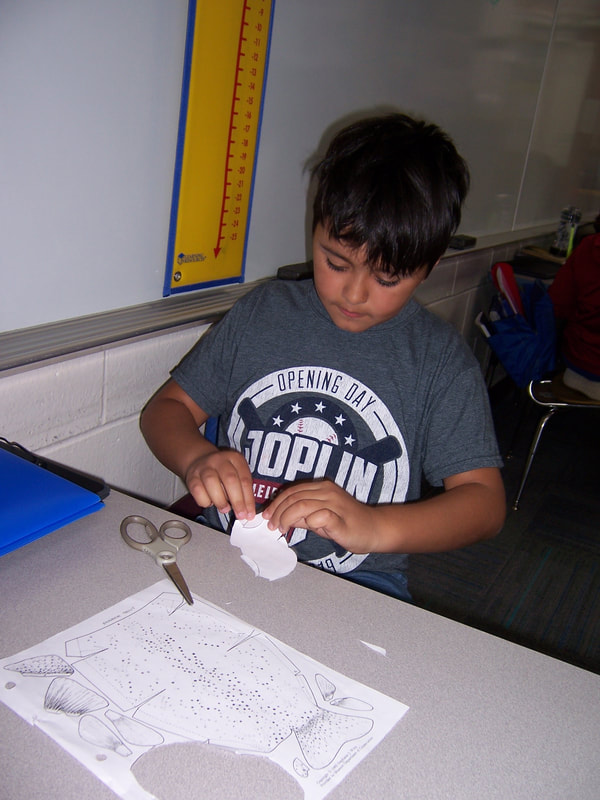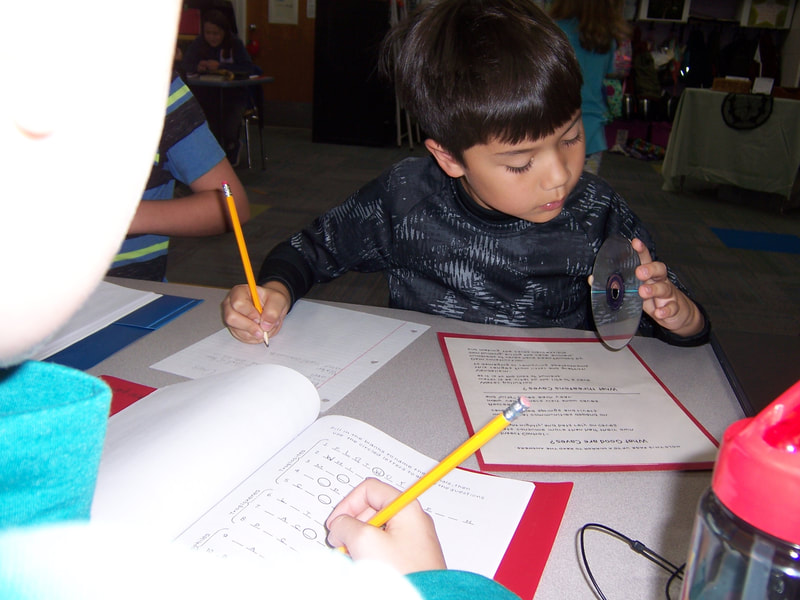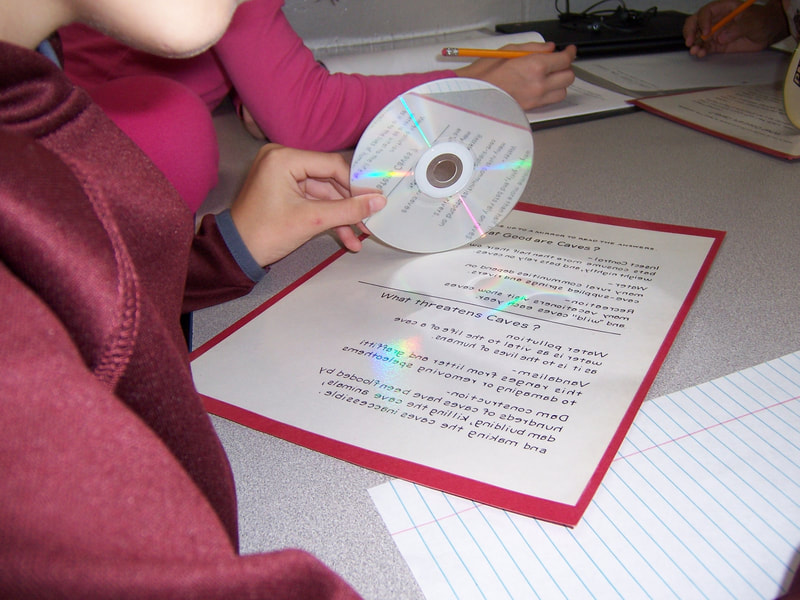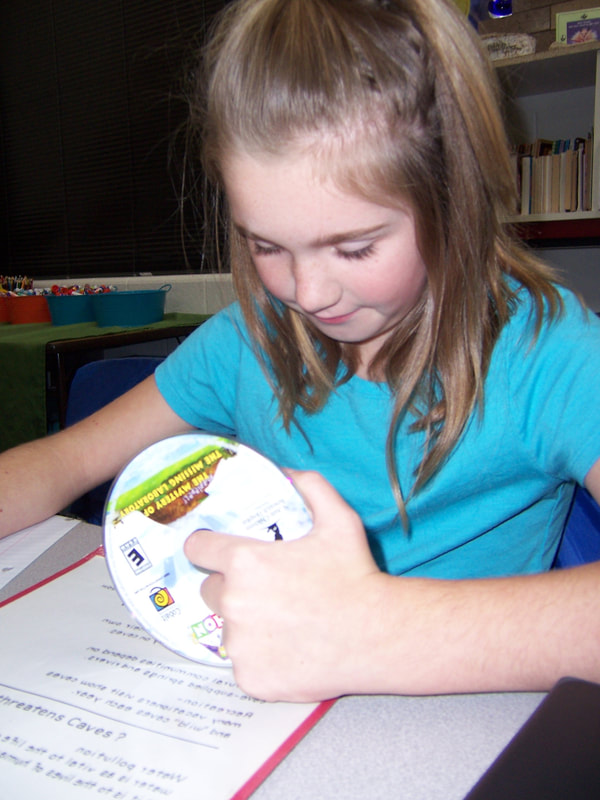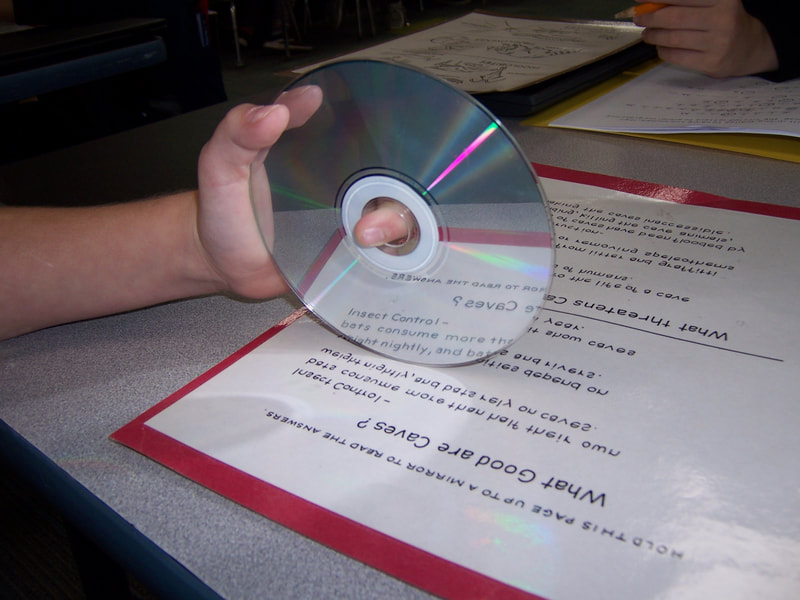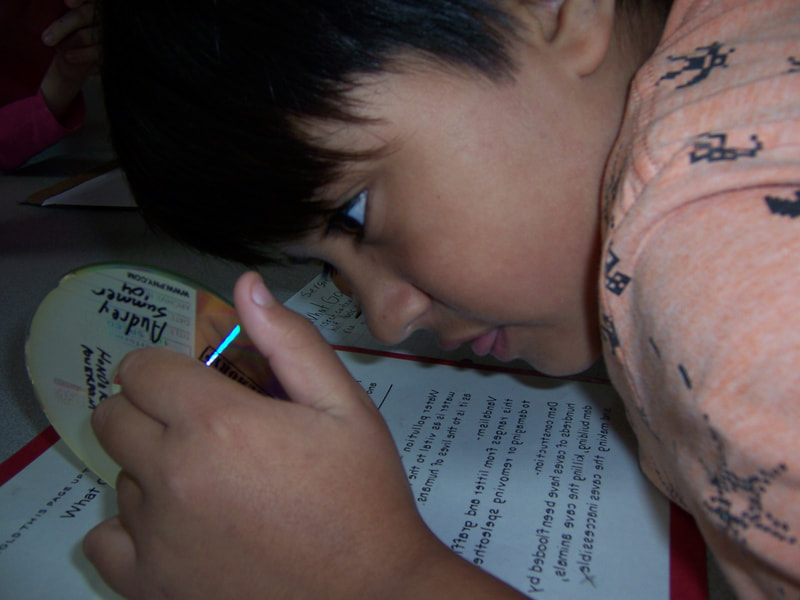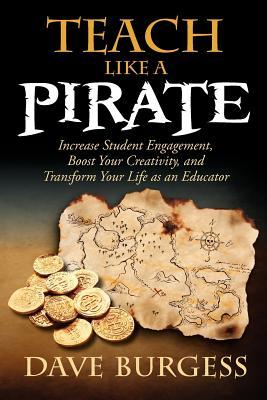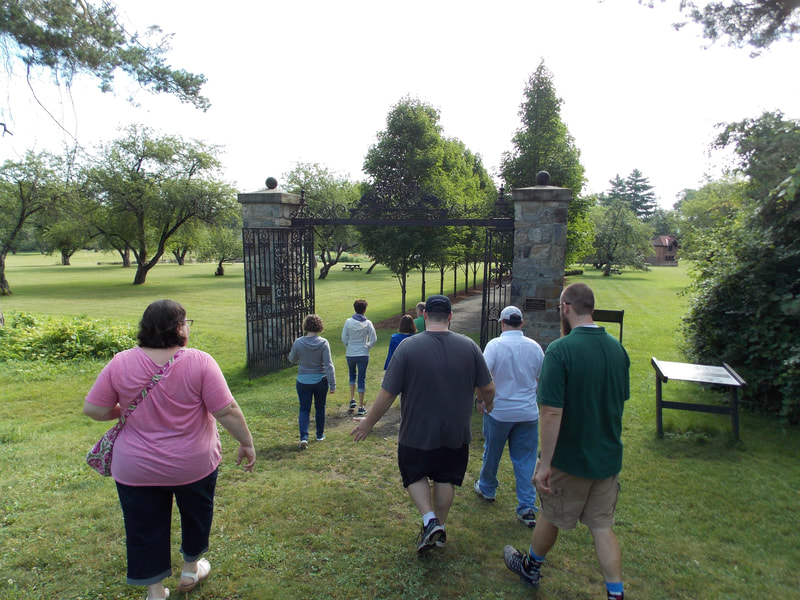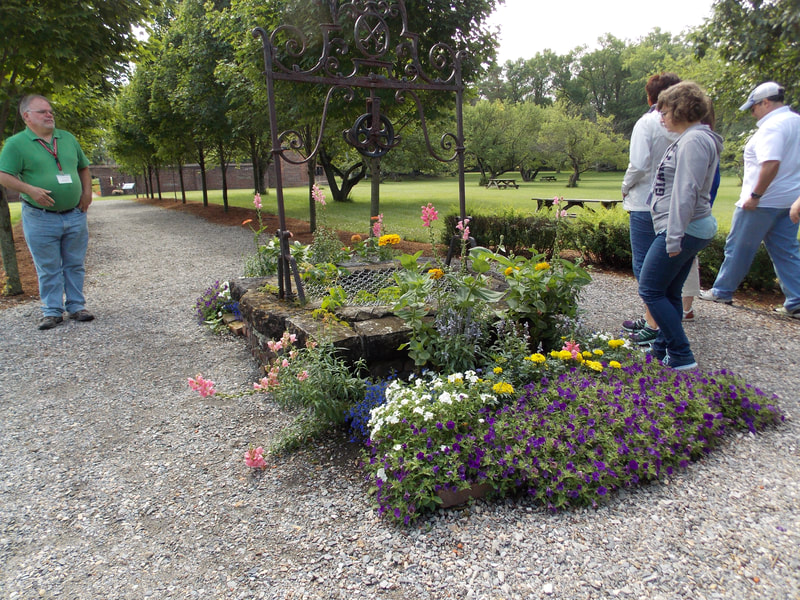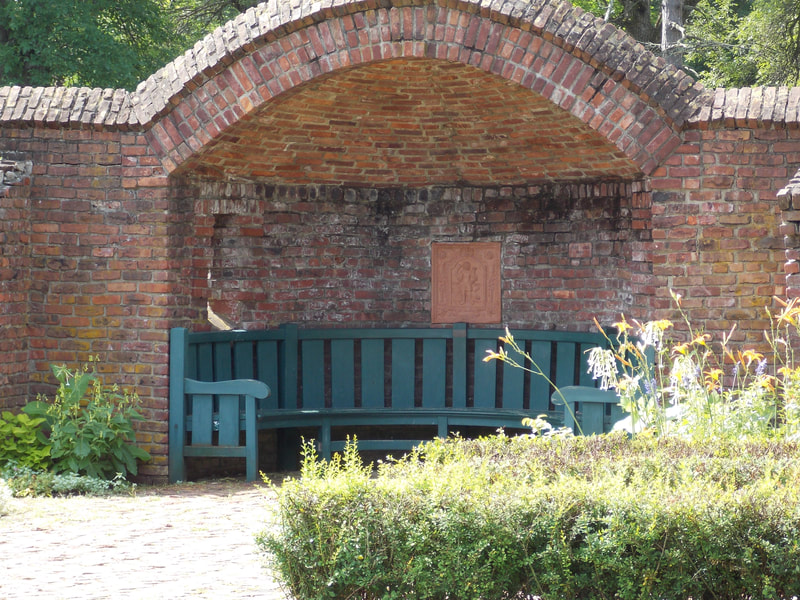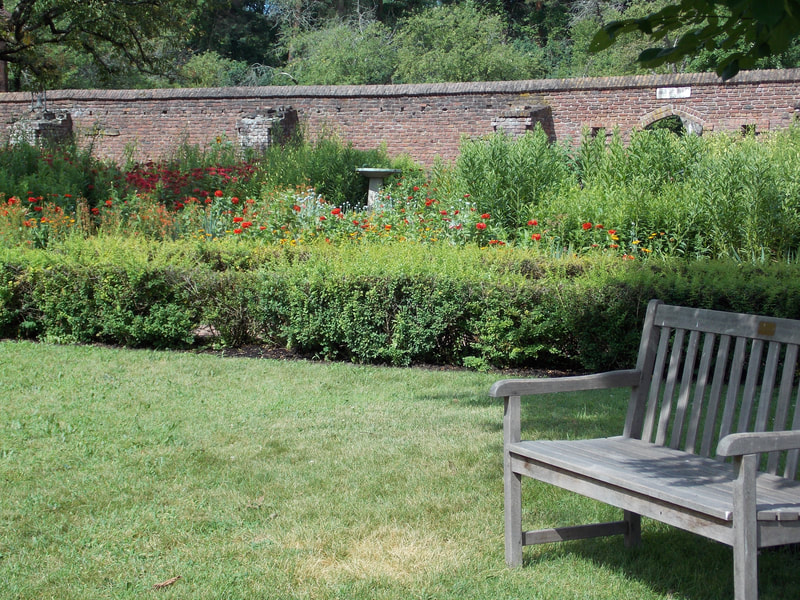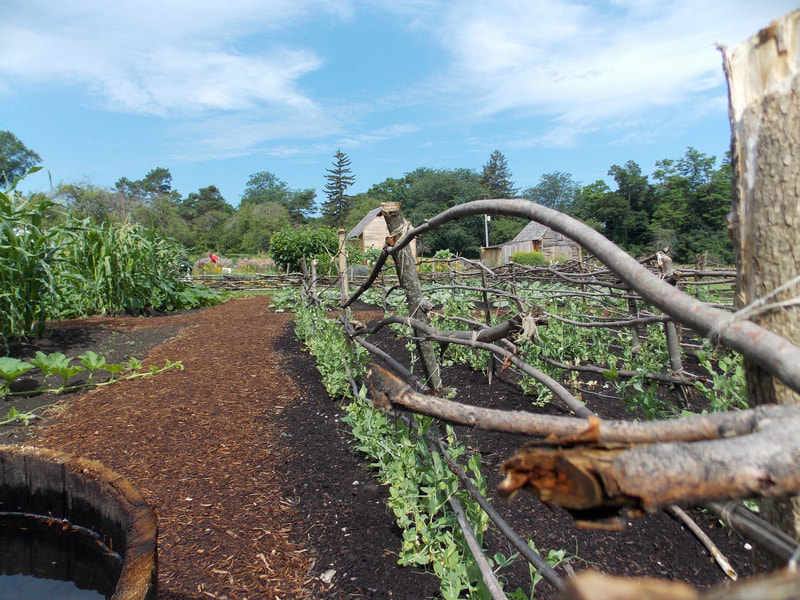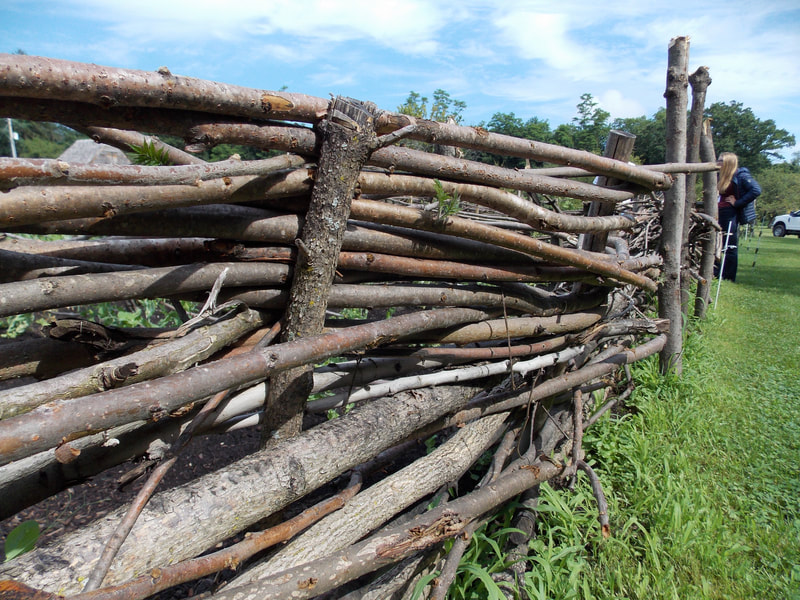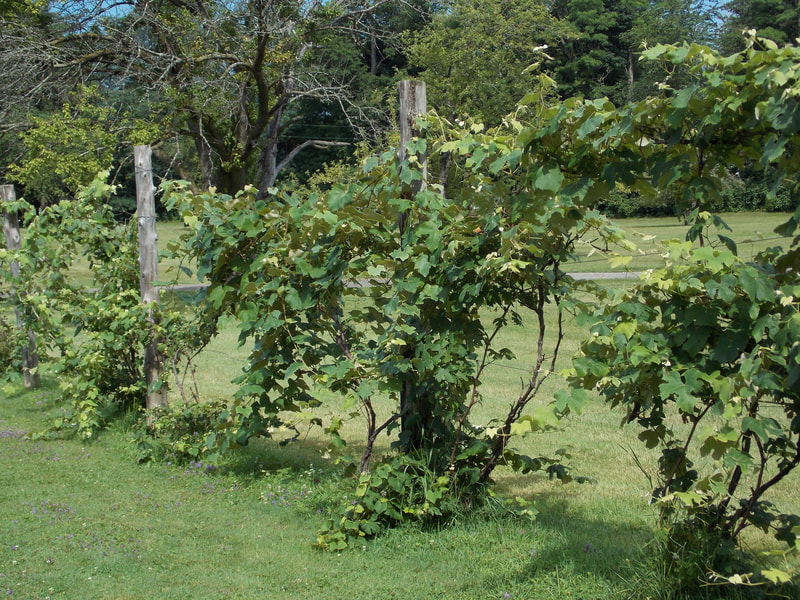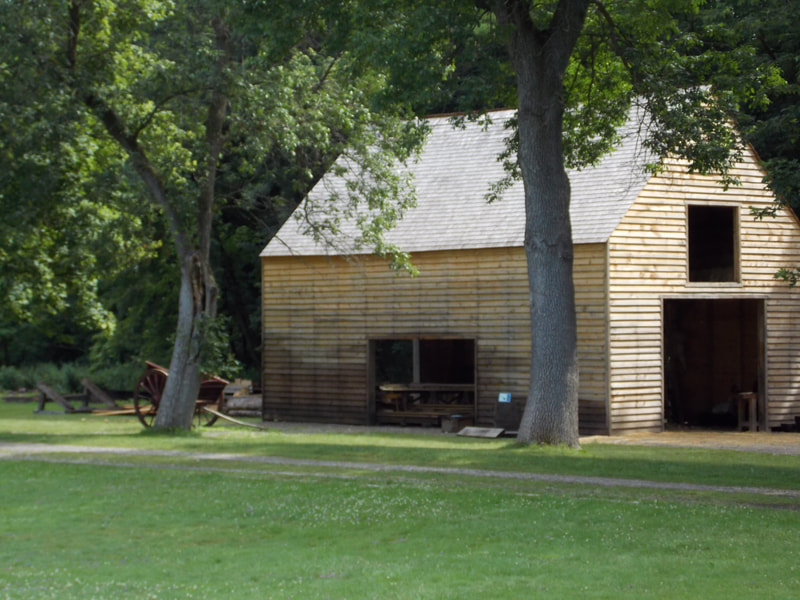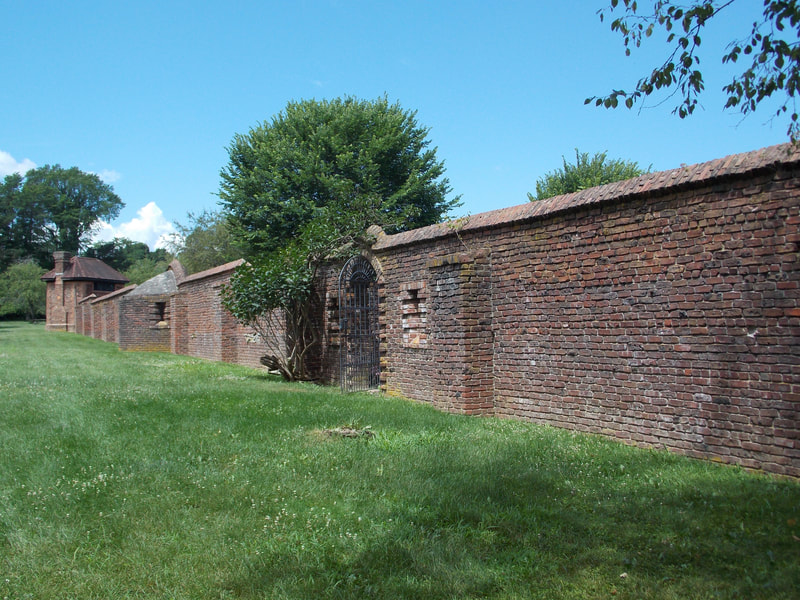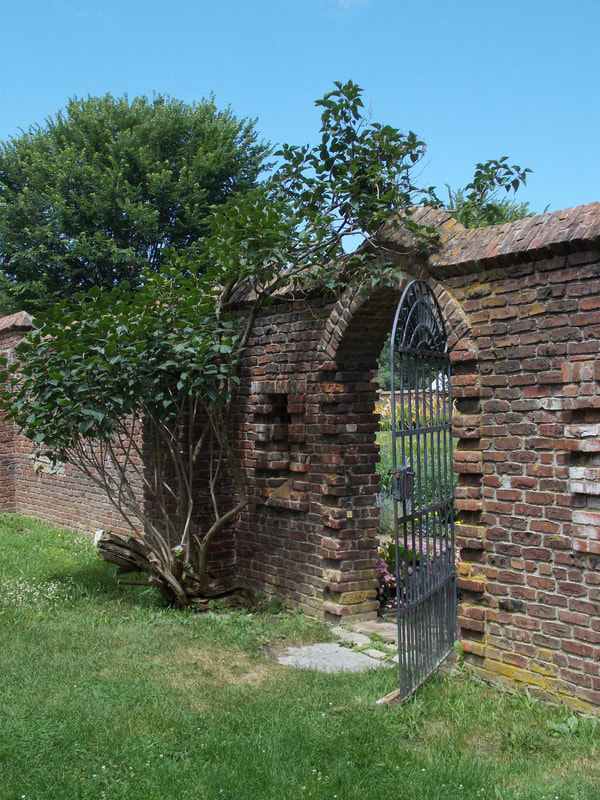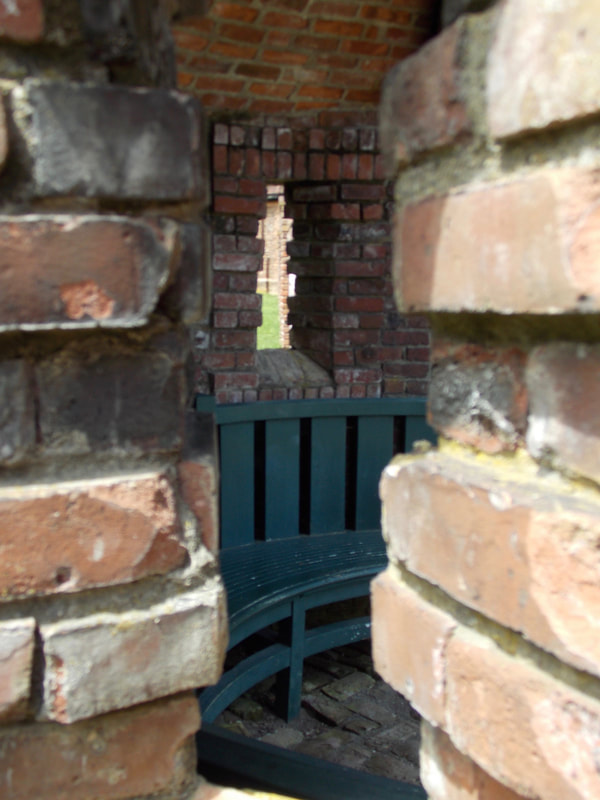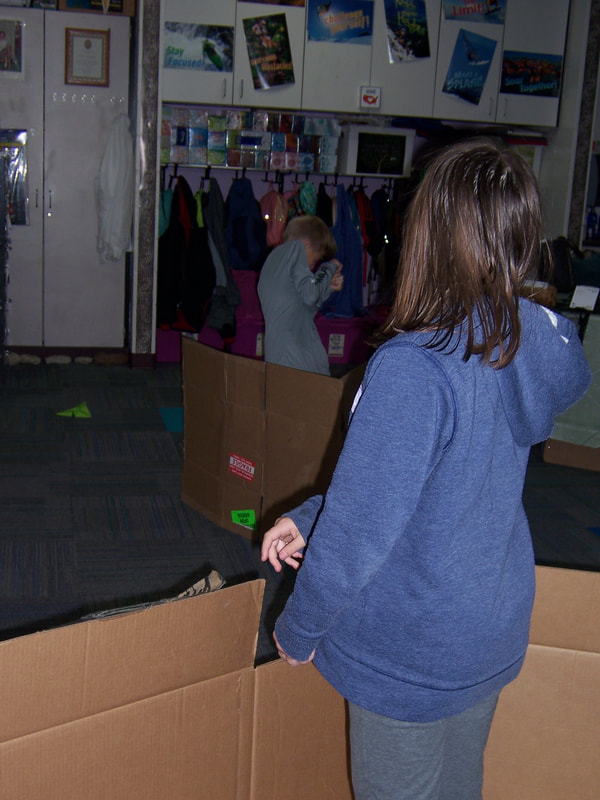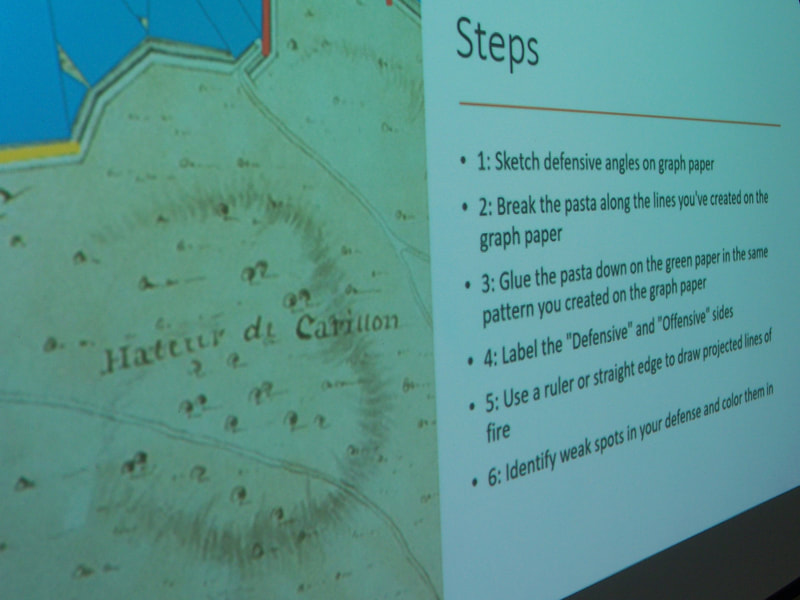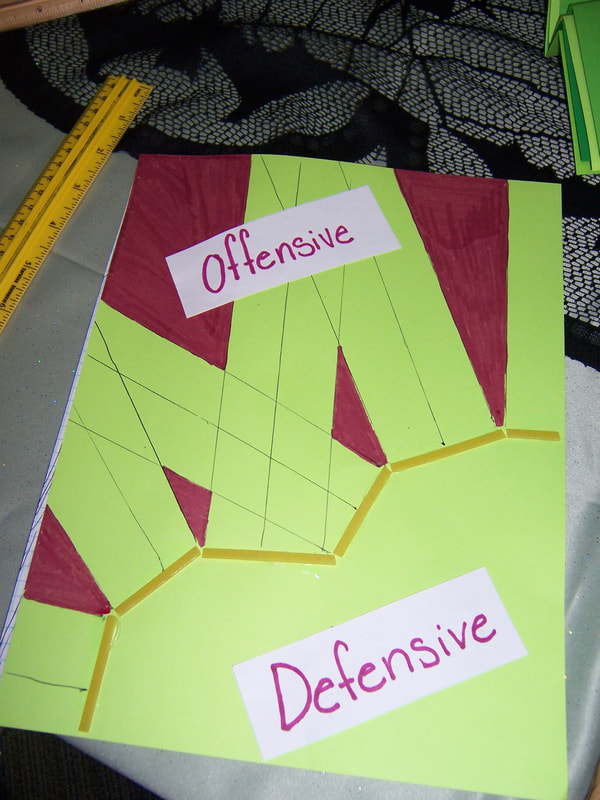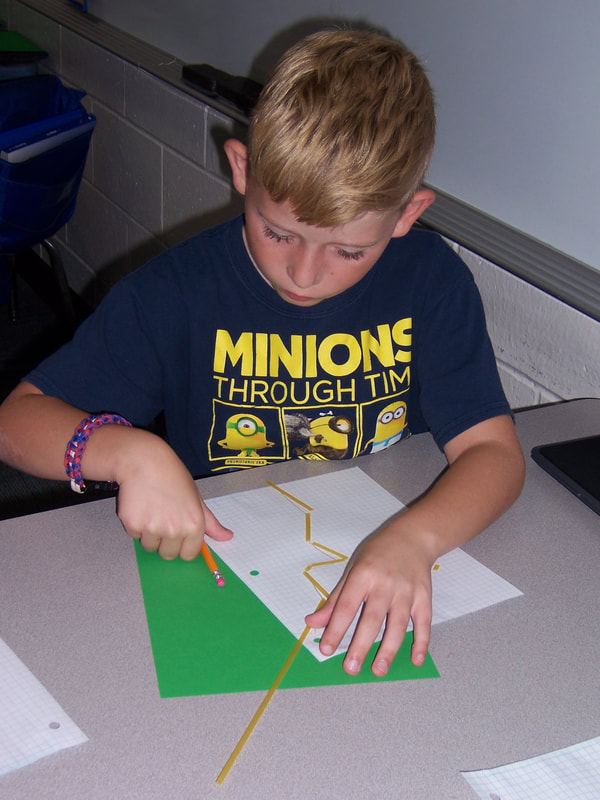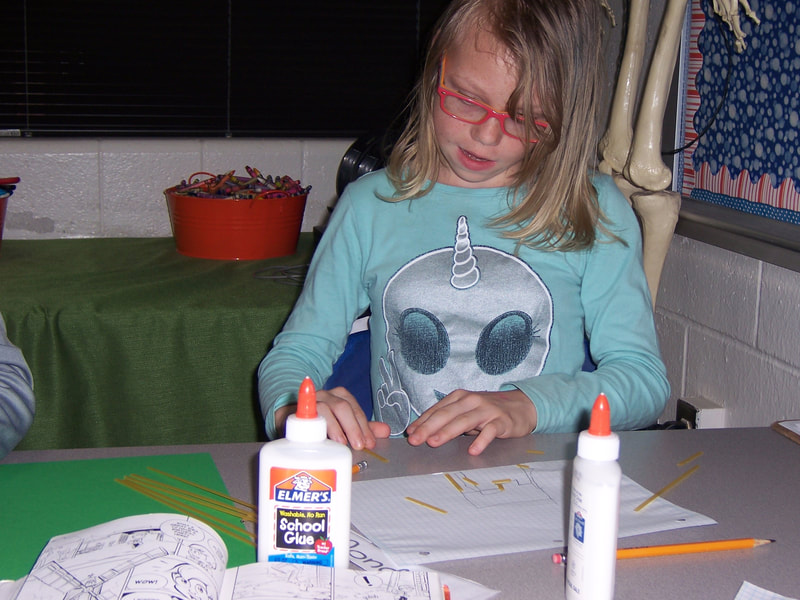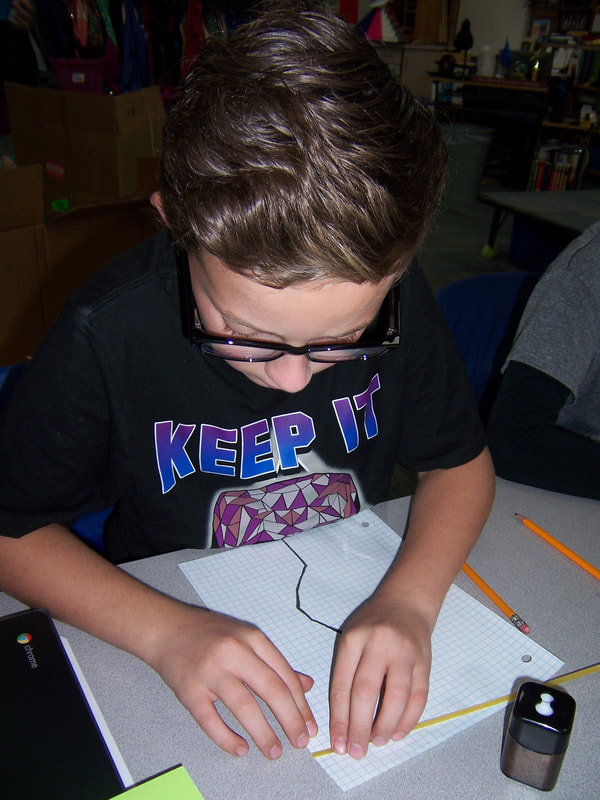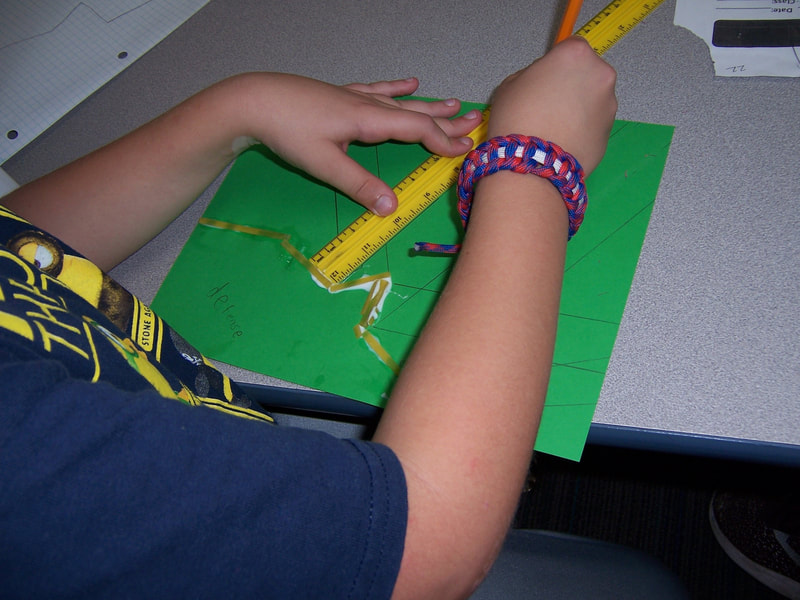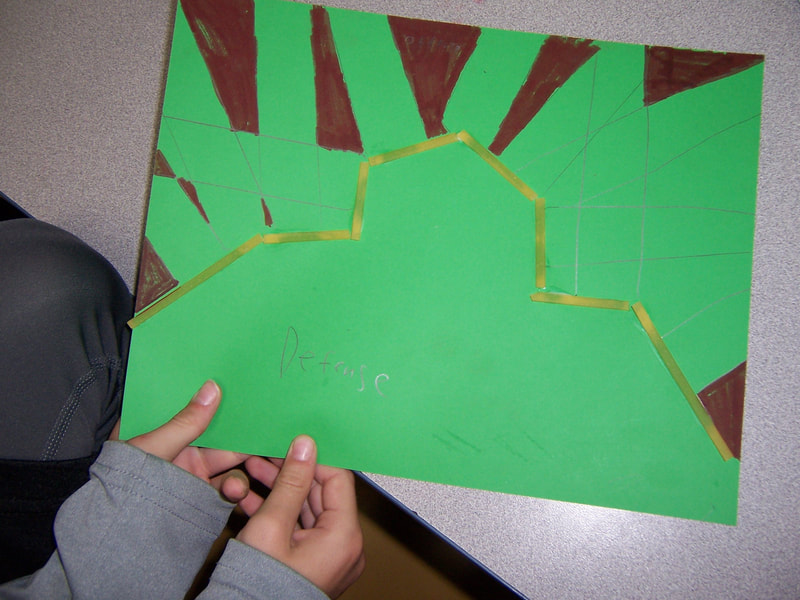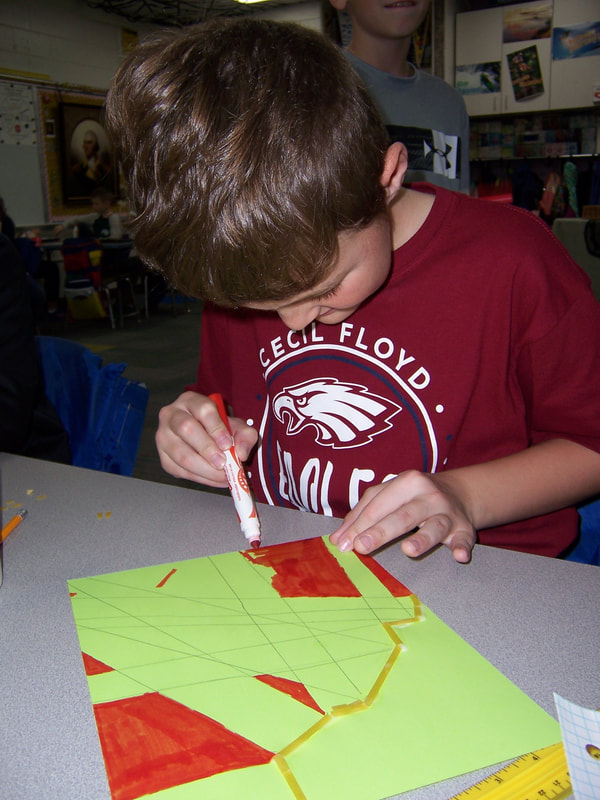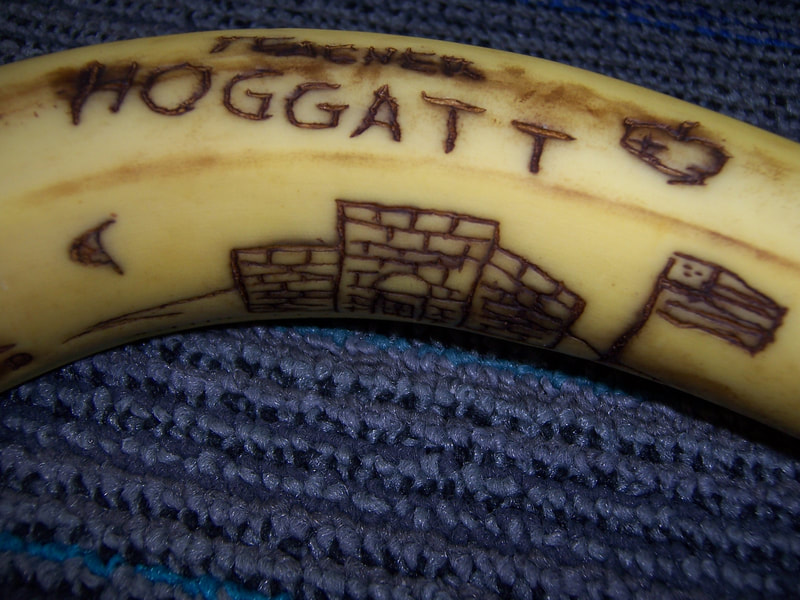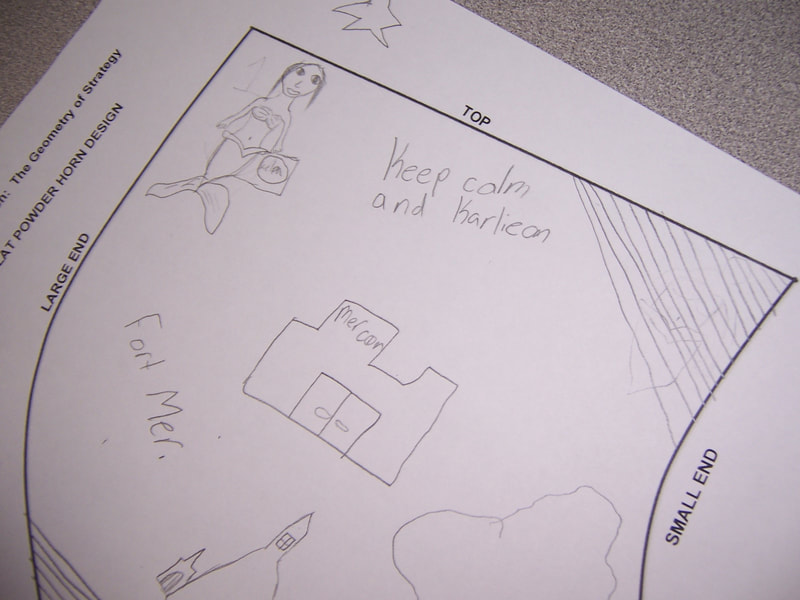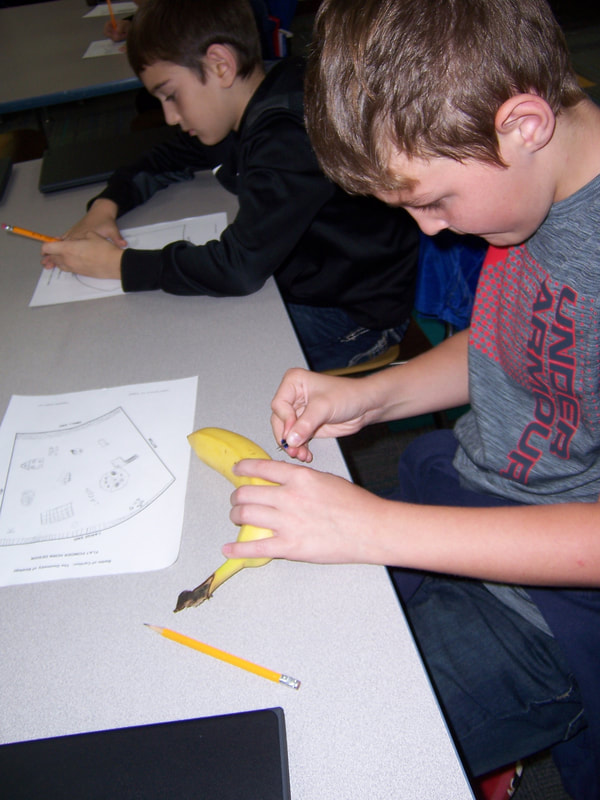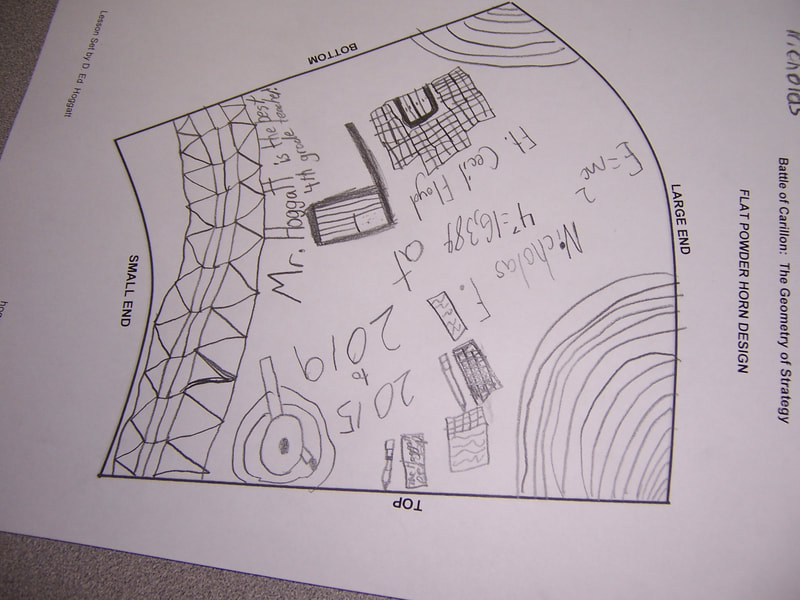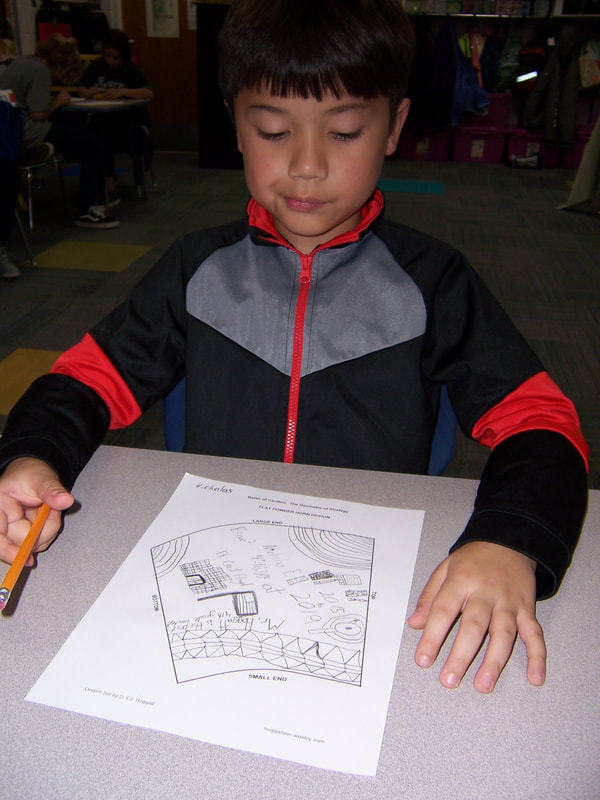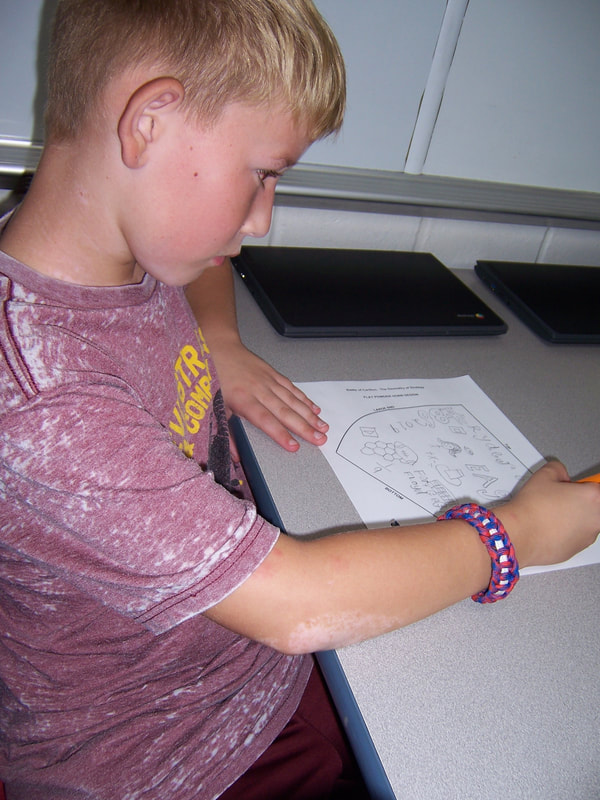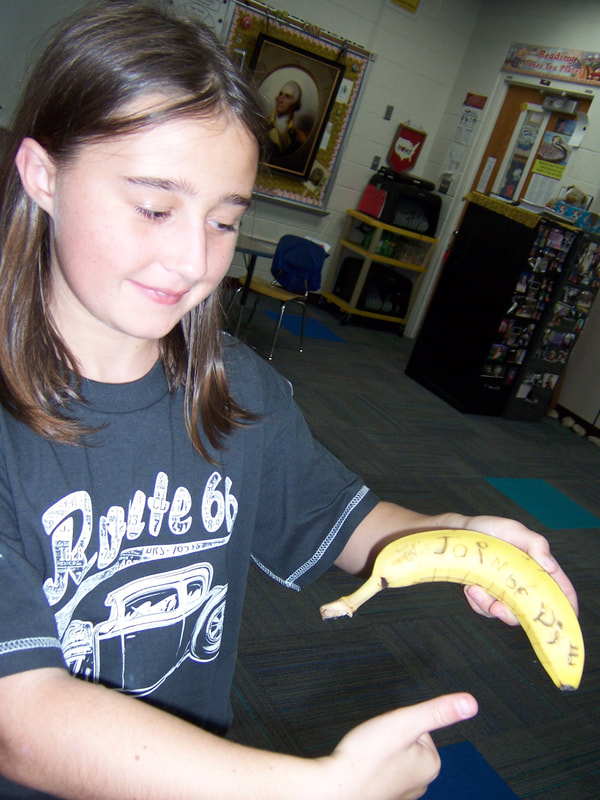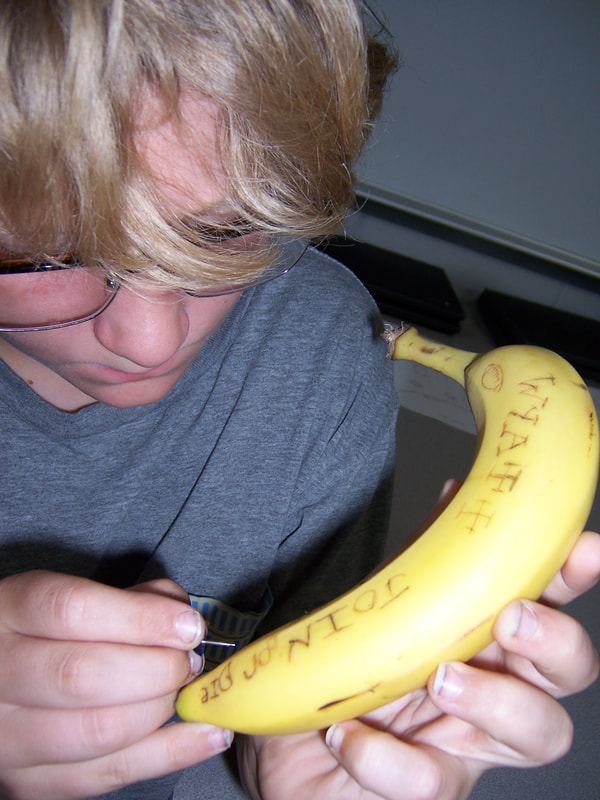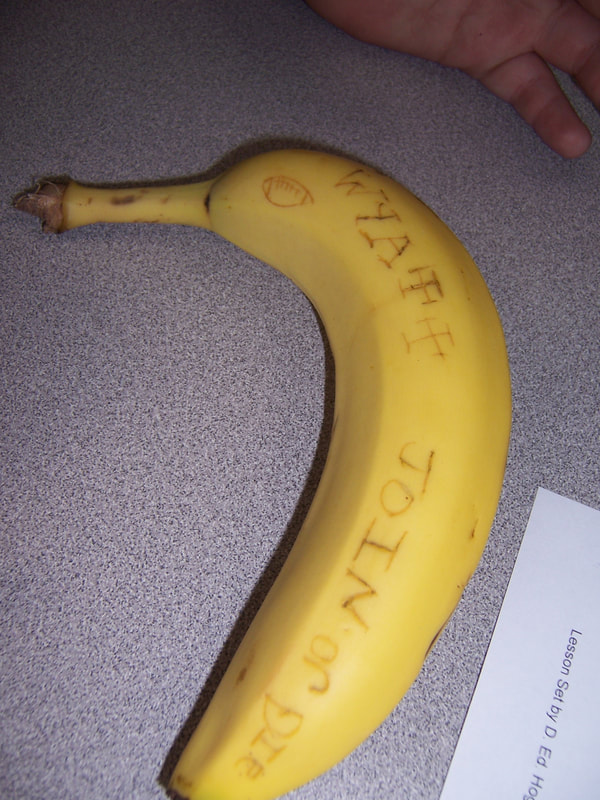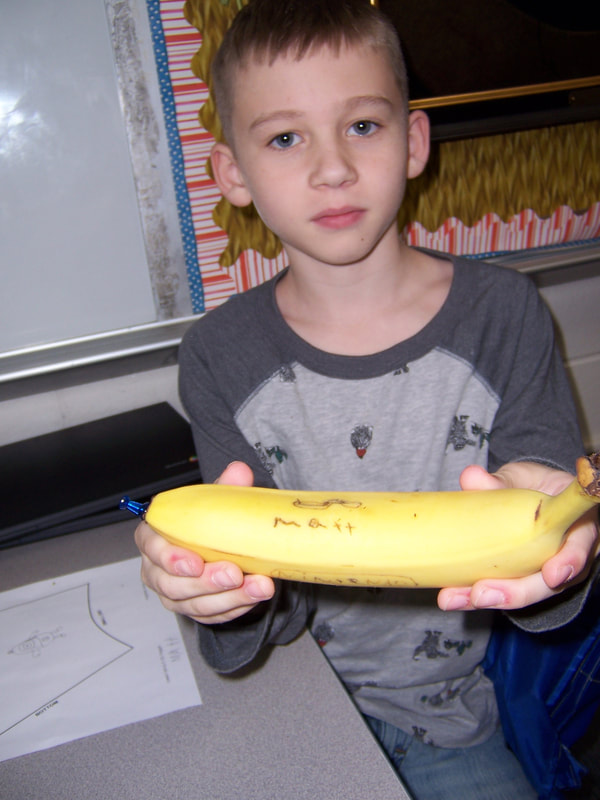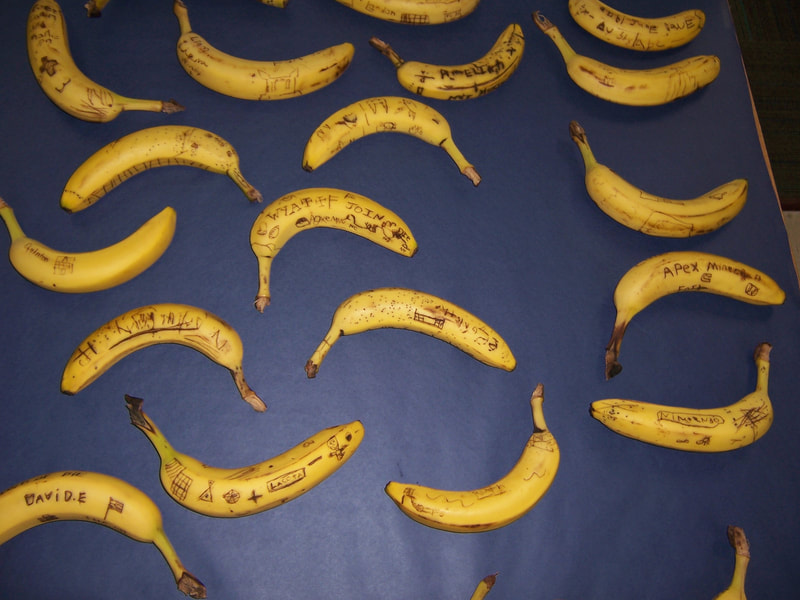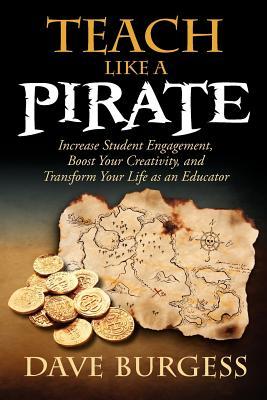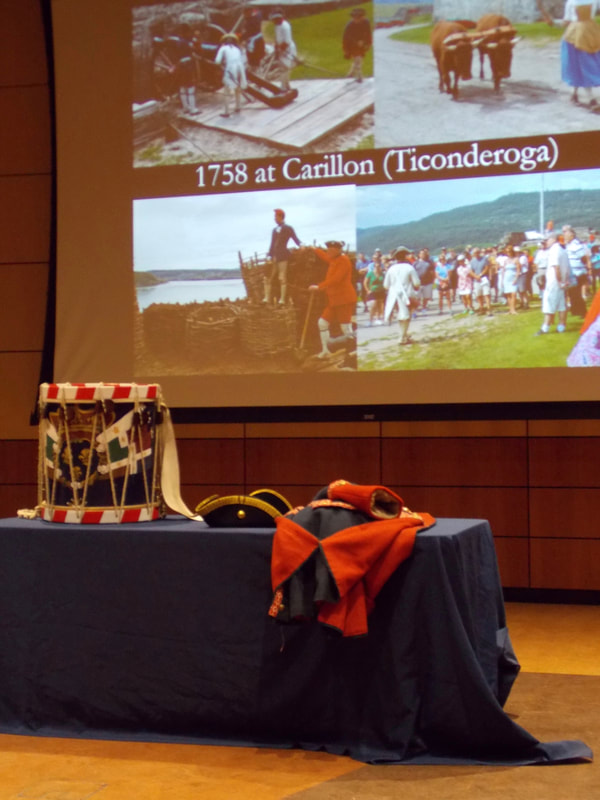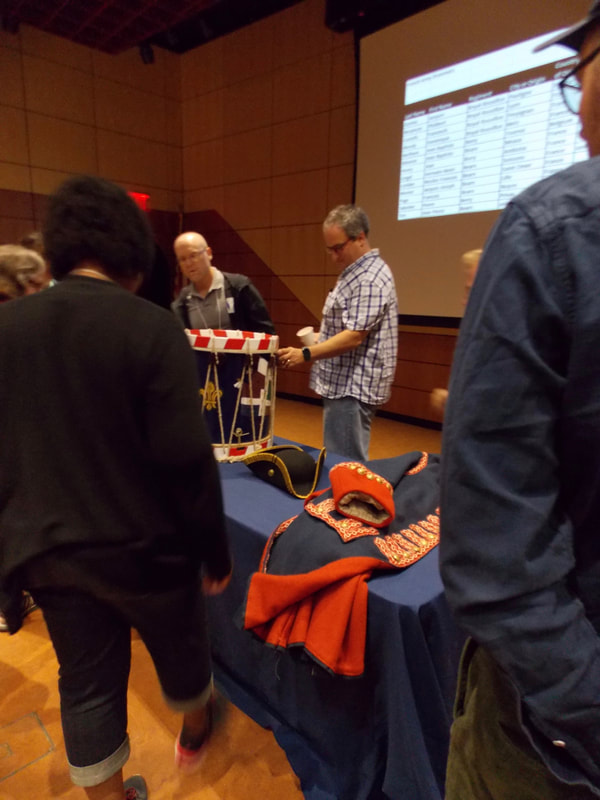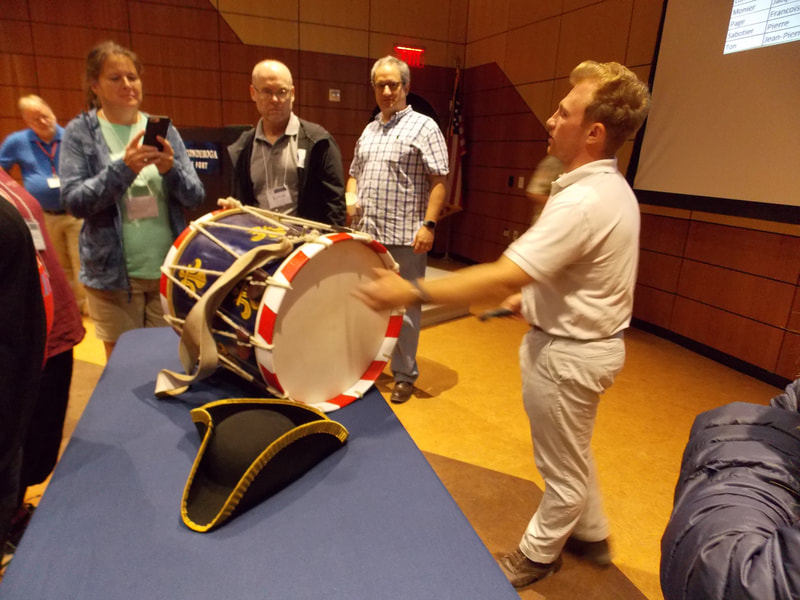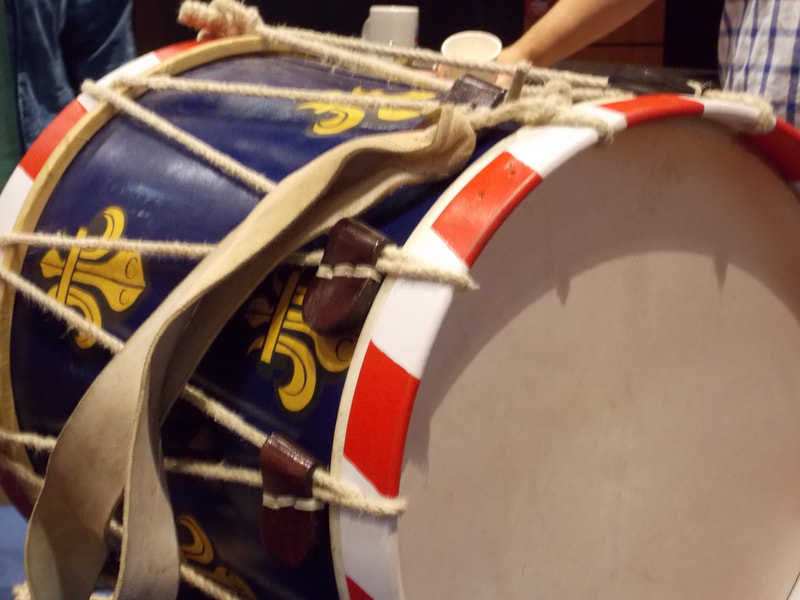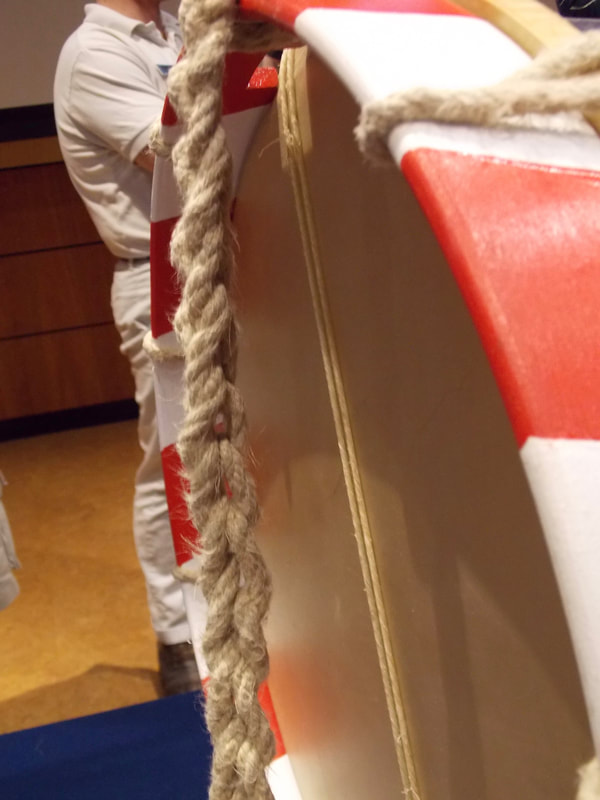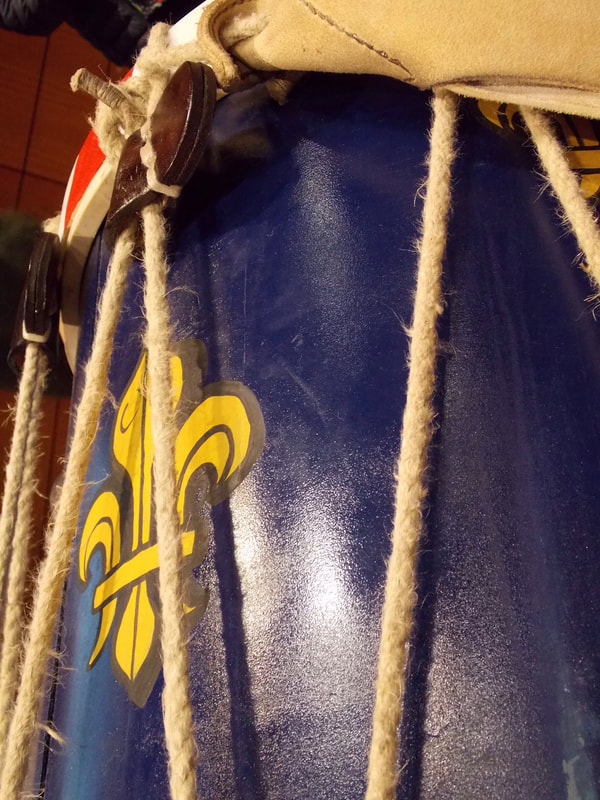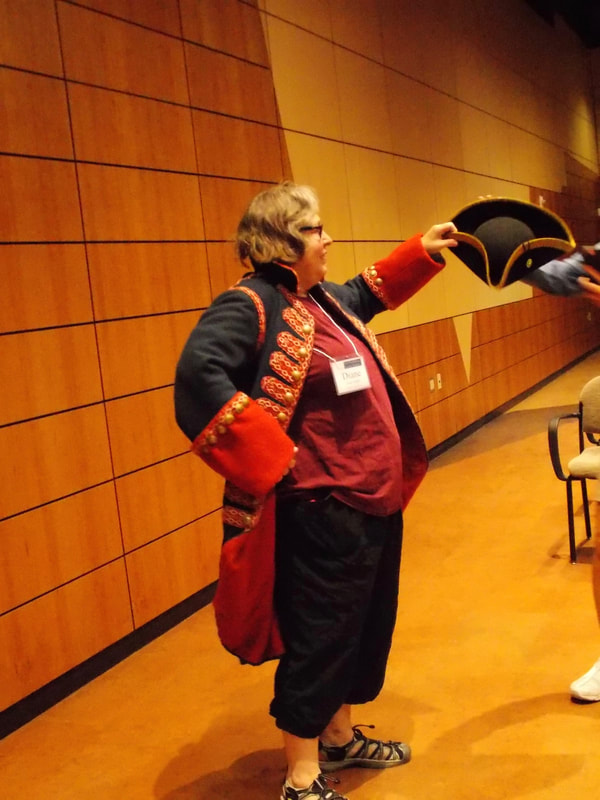| | Our school uses a reward system in which students earn Golden Tickets for Showing Respect, Observing Safety, Accepting Responsibility, or Resolving Conflict. Students may trade these tickets for rewards at once they have accumulated to appropriate levels. In our classroom, there is an added incentive. Once a student has enough Golden Tickets, he or she chooses a friend from our grade level, and the two will eat lunch in the classroom and play Wii games on the SMART Board. |
|
0 Comments
We've been working hard, coaching students on the 2020 Cecil Floyd Math League, which includes KARLIE, LANDON, and NICHOLAS from our fourth grade class and CALEB from last year's class. These students and others have been doing extra work at home, and their parents are assisting them, to be ready for each week's coaching session with Mr. Culbertson, Mrs. Stagner, and myself leading them.
This year's team is especially special to us since their attitudes really seem to be in line with a growth mindset. These boys and girls do not allow mistakes to discourage them, but instead they show us that they are willing to learn from those mistakes and adapt for the future. We have a great time after school one day a week doing difficult math problems that would not be a part of the fourth and fifth grade instruction of a typical classroom. Our contest will be after the first of the year, and we'll see where we can go from there. A difficult cut and glue project yet came on Friday. Students were charged with cutting and assembling our cave trout. We still have to make cave crickets and bats for to fill in the our tourist cave.
Students used the reflective surfaces of compact disks to translate a message that was printed backwards onto a paper. It was just enough of a change in the normal assignment that it captured their waning attention for a while. They made bulleted lists to answer What Good Are Caves? and What Threatens Caves?
I tell kids and their parents that the standardized test is just a snapshot of a single moment in their education and life. I let them know there is more to them than some scores on a piece of paper. The exact principle holds true when we turn school into a twisted version of fantasy sports and over-emphasize standardized testing. An intense focus on test scores can lead to a shallow and narrow view of what is important. I refuse to boil down the educational, growth, and development of my students into a statistic. Much of what is truly significant in the long run just doesn't show on the "stat sheet" provided by test scores. For example, I would much rather my kids leave my class with the strength of character and courage to fight racism when they find it, than have memorized some facts about the Civil Rights Act of 1964. I'm not saying you can't have both, I'm just pointing out that only one of those things will be measured on the test - and it isn't the most important one. Thankfully, I've been able to see this in action with my own class. I've made manners and kindness the priority for my students, and vowed to use these so-called soft skills as the primary way to raise those academic scores. When a principal wants improvement, I don't teach more, harder; we just amp up our efforts to get students to give attention to others when it is their turn. The academic focus becomes a byproduct of those efforts, and we've just improved not only academics, but also the future. Read more of my Professional Publications Commentary series.
On one morning of this summer's teacher institute at Fort Ticonderoga, we took off for the shore of Lake Champlain. Our destination was the Carillon, a 1920's replica canal boat, which we would take for a cruise on the lake. Along the way, we toured the King's Garden. This pristine garden would have supplemented the military installment at the fort - a time when a soldier would have been used to living on a meat-and-bread diet. When the Pell family restored the fort, they also reclaimed the garden, making it partially functional and partially decorative. The restoration of the garden has become a part of the history of the place, and the fort has kept both functions. On a mild day, it is quite peaceful and serene. The vegetable garden is also picturesque. I especially liked the fences in this area. Barns and greenhouses round out the area. One of the barns, in the last two pictures below, is actually a carpenters' shed. For now, this houses the construction of another bateau (a flat-bottomed boat) that can be used on the lake. Later in the week, I would be able to aid in the construction of one of the new boat's rockers. The large, white house in the photos above is the Pell House, constructed by the Pell family to give them a view of Lake Champlain and yet remain near the garden. The Pell House is currently being renovated, and will soon be used in the interpretation of the restoration story at Fort Ticonderoga. It would be suitable for a permanent display of the Pell family's involvement in World War II. I could picture a tableau devoted to President Taft, as he visited the fort property on July 6, 1909. Taft remains the only sitting president to visit the fort. After our cruise (photos coming soon), we skirted around the garden. The outer walls hold an appeal for me, as I quickly appreciated the textures and design of the structure. The gate for the garden used to be the main gate to enter the fort property. After a food delivery truck struck the gate, it needed serious repairs. The good folks at the fort decided it was too nice to have another vehicle destroying it, so it was relocated to the garden, where it makes itself quite at home. I'm looking forward to sharing more photos from my Ticonderoga experience.
In the meantime, you can find all of the information about my studies there, on my Fort Ticonderoga page. Thanks to all parents who attended our first quarter conferences. That is to say, thank you to parents of every student in the class. This is the first year that didn't require any rescheduling outside of the days set apart by the district for conferences. That is a testament to our parents' dedication to their children and their concern for education and growth.
Some were concerned about the deficiencies on their children's report cards and test reports. I can certainly understand that! With only six on the Honor Roll for the first quarter, I can easily see that we have some ground to make up. I know we will do that, assistance at home is definitely a plus. I gave parents some tips on ways to help out at home, but those suggestions usually began with the use of multiplication flash cards. Multiplication is the basis for so many things that we will study in math from here on out, all the way into high school and college. Multiplication fluency is a hurdle that needs to be jumped now. As far as Reading is concerned, reading is a concern. The state of Missouri has a law for fourth grade that states that students must not be more than a year behind in Reading. There are minimum numbers that each child must meet in the fourth grade to avoid facing mandatory summer school and retesting with a possibility of retention. We do not want to retain students for a second year in the fourth grade, so we have to take reading levels very seriously. The long and short of it is, all of us have room for improvement. I would love to see everyone rise to the occasion and make great strides this year. It's time we make this happen, and with active parents working at home, we can do just that! Mrs. Robinson, our junior intern from Missouri Southern State University, led the class in a lesson to apply what they have learned about the Heights of Carillon and the Battle of Carillon (at Fort Ticonderoga). The class considered the angles of the defensive lines in the Heights of Carillon, and then created their own lines (marked with fettuccini noodles). Using some information that I received at the teacher institute at the fort, this summer, students projected their own defensive lines (using 90-degree angles) and evaluated their designs for flaws in their defenses. Learn more about the Battle of Carillon and more about Fort Ticonderoga,
please see our lesson set on the subject, including this idea from the fort itself. Upon hearing of the Battle of Fort Carillon (Ticonderoga), students had the chance to "scrimshaw" their own "powder horns". Using bananas, which resemble the shape of a powder horn like those carried by explorers and soldiers in the 18th and 19th centuries, our students carved their own images and messages into their powder horns using a map pin. The images appear to darken almost immediately, leaving the effect of a fully-decorated and important piece of equipment that was a necessity for troops on the move. Learn more about the Battle of Carillon and more about Fort Ticonderoga,
please see our lesson set on the subject, including this idea from the fort itself. As we progress through multiplication and prepare for working more complicated, multi-digit problems, we continue to test multiplication fluency. Our students are pressed to work 100 one-digit multiplication problems in 5 minutes. We wish for them to overlearn the facts in preparation of other Math applications that will also require the skill.
NICHOLAS and LANDON are the first students to successfully complete all 100 problems in 5 minutes, proving their ability three times to earn the title of Multiplication Master. A couple of others have also started to join them. Our class still has a deficient average as a whole, but most members made improvements, last week, with some of those being significant gains. I'm not one who continues to push students at the beginning of the year until we move past the skill; instead, I like to move steadily throughout the year. I believe in doing so, the momentum continues and the skill sticks much more effectively. Parents who choose to help at home are certainly encouraged to do so. While we will not take the quizzes this week, next week will bring another round, so keep working! Congratulations, NICHOLAS and LANDON! Congratulations to the following students for earning Honor Roll accolades for the first quarter.
This is a great list, but it's pretty small; I hope we see more on the list for the remaining three quarters.
I love this paragraph from Teach Like a PIRATE:
That's the way I like my educational gurus: I love to see them as humans, facing the same challenges as I do. When Dave Burgess wrote this book, he had 16 years under his teacher belt. I can tell him that, at 30 years, the struggle remains real. I just as easily could have written many of these words myself; in fact, in my own book, There's No Busyness Like School Busyness, I start out with a brutally honest account of an encounter with the ugliness of burnout. I entered that book with the intention of letting teachers know that there is a fight-through - that there is a survivor at the end of the challenge. I like when Burgess lists his downfalls and then trumps them all with one thing: enthusiasm. If we could each trump our deficiencies with one thing, we would each list a different strength. Enthusiasm is definitely a good one though, and one to strive for in my own daily walk. Click for more of my Professional Publications Commentary series.
When I participated in July's teacher institute at Fort Ticonderoga, I was struck with the amount of historical accuracy at the fort. Director of Interpretation, Nick Spadone, spoke with our group about some of the methods for interpreting the era and the details of everyday objects we may otherwise take for granted. The staff is very conscious of the details. On a particular French uniform, for example, existing uniforms are examined carefully, as well as drawings and paintings from the time period in question. The buttons and lace are matched to exacting details, and even the particular ways in which the material is stitched is followed. The drums must be painted with appropriate patterns, and the heads must be tightened in the same manner as their 18th century counterparts. Spadone demonstrated some of the methodology for research in such manners, showing us rosters, maps, and paintings, and reducing them to their smallest details and even searching in the shadows for answers to age-old questions. Later in the week, we had the chance to learn directly from the reenactors at the fort, as we learned some stitches, shoe making techniques, ox team control, and bateau construction. More photos from that experience will arrive here on the website soon. Read more about this incredible experience on my Fort Ticonderoga page.
 I don't know what you expected when you signed on to do this job, dear teacher. You had to know that kids are all different. You have to know that kids come from all kinds of backgrounds, with all kinds of extremely different lives at home. You had to know that everybody is not as refined, as trained, as decent, as sober as you are. It should come as no surprise to you that a student in your class is not as well-behaved as you would like. That gives you no excuse for excluding that student from your presence. In fact, that's the student who needs your attention the most. OK, so you've probably accepted that fact, and you've undoubtedly heard that last line: That's the kid who needs you the most. But it's hard, isn't it? This year, I've had to become a champion for certain kids. I've had to be more positive with some kids than I am used to. They just don't get a good feeling from peers, from teachers, from adults, from parents, from people. From life. They just don't get it from school, from home... You get the idea. By their own admission, "nobody" shows them love. Any love. They don't win awards. They don't earn rewards. They don't get complimented by other teachers. So where does a teacher begin? Not by sending them into the hallway. Not by writing office referrals. Not by putting them in the corner and ignoring them. Where does a teacher begin? That's an internal question. It's one I have to ask myself this year, when I have a class that puts me to the test. Don't get me wrong: every class is a challenge...and every class in recent years seems to have a distinct shortcoming and personality. A couple of years ago, I had a class of kids who were easily offended: it was not a group that an adult could tease and play with as openly as others. Another year, it was a group who thought they were entitled to something extra: there were kids at every level of economic backgrounds in that group, some who thought society owed them a break, and others who felt like they had earned respect simply because of their status. This year is full of some very sweet and lovable children, but unfortunately a few do not think they deserve to feel good about school, their families, or themselves. For thirty years, I have seen these children consistently beat themselves up. They give me comments like, "My life is awful," "I'm not having a good day," or "Nobody cares about me." I have found myself emptying my heart to them to assure them they are loved - if not by anyone else, at least by me. I have found myself being the only positive adult role model for them to look to for support. Sometimes I feel like they don't hear "I love you" from anyone else. I realize that's not all true, because I know these kids. Perhaps their attitudes and their outlooks on life are blatantly negative because they have been conditioned to expect nothing but negativity in their lives. They have positioned themselves in front of the cannon of depression for a few years now, and their perception of life is an open wound. That said, it's high time someone convinced them otherwise. Too many teachers fail to see this. Too many fall into the trap of adding to their funk instead. They are too quick to multiply the negativity in students lives. They zone in on these "trouble" children and expect them to be trouble. Our principal shared this (below) with me, last week, and it went perfectly with what I had already written in this article. I really like the thoughts here, as it includes the honesty of frustration at the end. We get upset when our students aren't perfect. We take it personally when students don't respond in just the expected manner. We want to throw our hands up and walk out. But there is a particular satisfaction when I positively affect that one student who needs a positive role model. It's almost a sacred mission. Teacher becomes mentor, coach, and superhero to a real life human being, and maybe - just maybe - teacher affects the future as well.
|
AnthemThe Hoggatteer Revolution
is an extensive, award-winning, inimitable, digital platform for Encouraging and Developing the Arts, Sciences, and honest Christianity in the beautiful, friendly LAND OF THE FREE AND THE HOME OF THE BRAVE This site is described as
"a fantastic site... chockablock full of interesting ideas, hilarious anecdotes, and useful resources." 
...to like, bookmark, pin,
tweet, and share about the site... and check in regularly for new material, posted often before DAWN'S EARLY LIGHT! History in ResidenceElementary Schools: Bring Mr. Hoggatt into your classroom for a week of engaging and rigorous history programming with your students. LEARN MORE BUILDING BETTER
|
